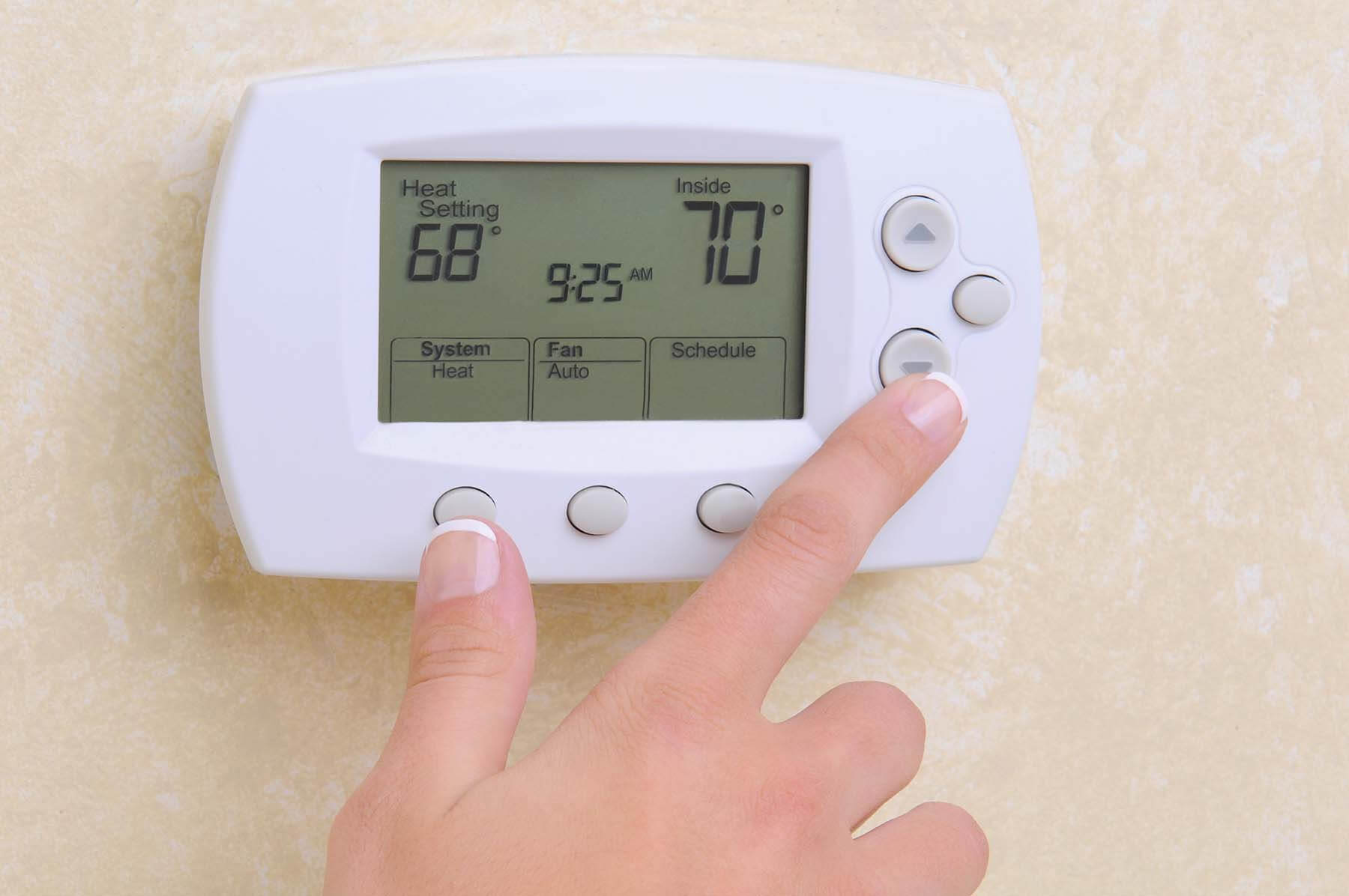How long can a house go without heat before pipes freeze? Not long, we’re afraid. The one thing you want to avoid more than anything else this winter (aside from freezing to yourself) is turning your home into the worst ice hotel ever. Exposing your indoor plumbing to the elements can create very problematic issues for your home. So make sure you don’t do damage to your plumbing system and keep your pipes above freezing. Here’s how to make sure pipes don't freeze in your house.
“When you have no money in New York, you're living in a shoebox, and it's freezing. When you have no money in L.A., you're living in a slightly larger shoebox, and you can go outside and feel okay about your life for a minute.” - Anna Kendrick
Setting the Right Temperature

How cold does it have to be for pipes to freeze? The most critical component of making sure that your pipes don’t burst is simply keeping your basement above 55 degrees fahrenheit. This is the bare minimum in terms of requirements, but you can also do some other things to aid your precious piping. Some low cost tips include:
- Keep your garage doors closed
- Open your cabinet doors
- If traveling, leave the temperature to 55 degrees
- Seal up everything
- Use heating tape
- Install extra insulation
- Remove and store outdoor hoses
- Spread out showers throughout the day
Drip Your Faucet

One thing that can periodically help your pipes stay open is to simply let the faucet drip slowly. This will keep the water running along the main lines and prevent any freezing up so long as there is movement. This is a cheap way to keep the water running at a normal temperature and psi. This tip is especially helpful in regards to how to keep pipes from freezing in crawl spaces without proper heating or insulation.
Drain Your Pool
Here’s how to winterize a pool inground. Unless you want a frozen lake breaking your backyard hardscape, it’s important to drain your pool for extremely low temperatures. While the idea of having your own skating rink might seem beneficial, freezing a pool does more harm than good. Further this goal by adding a pool cover and skimmers, heated if possible or applicable.
Protect Unheated Pipes

But what about sprinkler systems, exterior plumbing, and the like? Here’s how to keep pipes from freezing without heat. Electric cable heaters can prevent a lot of that damage, and keep the system clear. Additionally, knowing how to insulate outdoor water pipes goes a long way. You should always seek to insulate as much “exposed” piping as possible, with foam and wrap if applicable. Overall, the main areas of concern are:
- Unheated areas of the home (crawl spaces, attics, some basements)
- Exterior piping leading away from the home
- Exterior piping outside the walls of your home
- Underground piping
Water Pressure

Another huge issue that could potentially damage your home is maintaining water pressure. Should you be experiencing loose flow in your faucet, you can actually use a blow dryer or heating gun (gently) to get the flow back to normal. Again, relieving the pressure simply by having the faucet run lightly can go a long way in preventing any future backups.
Prevent Clogged Drains
You’ll also want to be sure to keep on your plumbing system’s health. The simple act of keeping your drains clog-free can go a long way in ensuring your unit’s overall performance. Plus it just makes sure that your plumbing is working correctly year-round. Overall it’s a pretty standard tip on how to make sure pipes don't freeze. A recipe for an anti-clog mixture is as follows.
- ¼ cup tartar
- 1 cup salt
- 1 cup baking soda
- Pour down drains first, then add 2 cups boiling water afterward
Do you have any other tips on keeping your pipes from bursting this winter? Let us know in the comments below!
Or talk to us on Facebook!
Continue Reading:
- How to Winterize Your Yard
- Winter Wisdom: Ice Dam Prevention and Removal
- Our Ready for Winter Checklist
- 9 Essential Tips To Prepare Your Home For The Winter